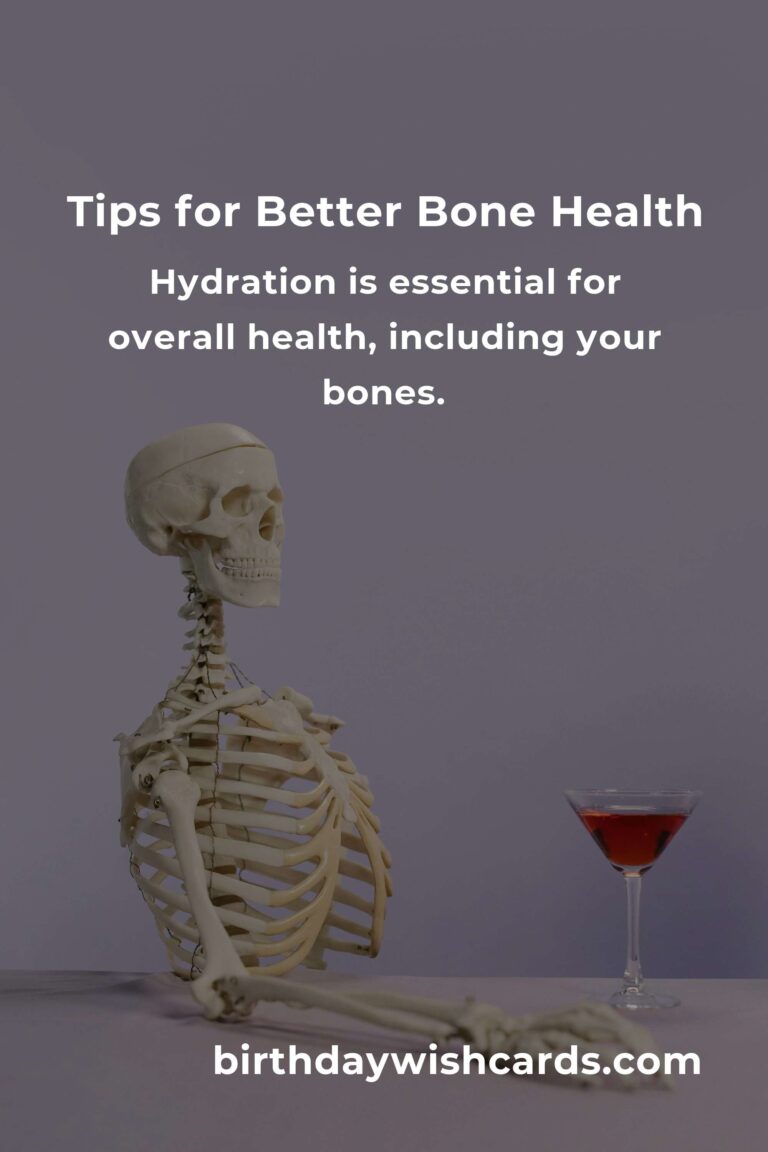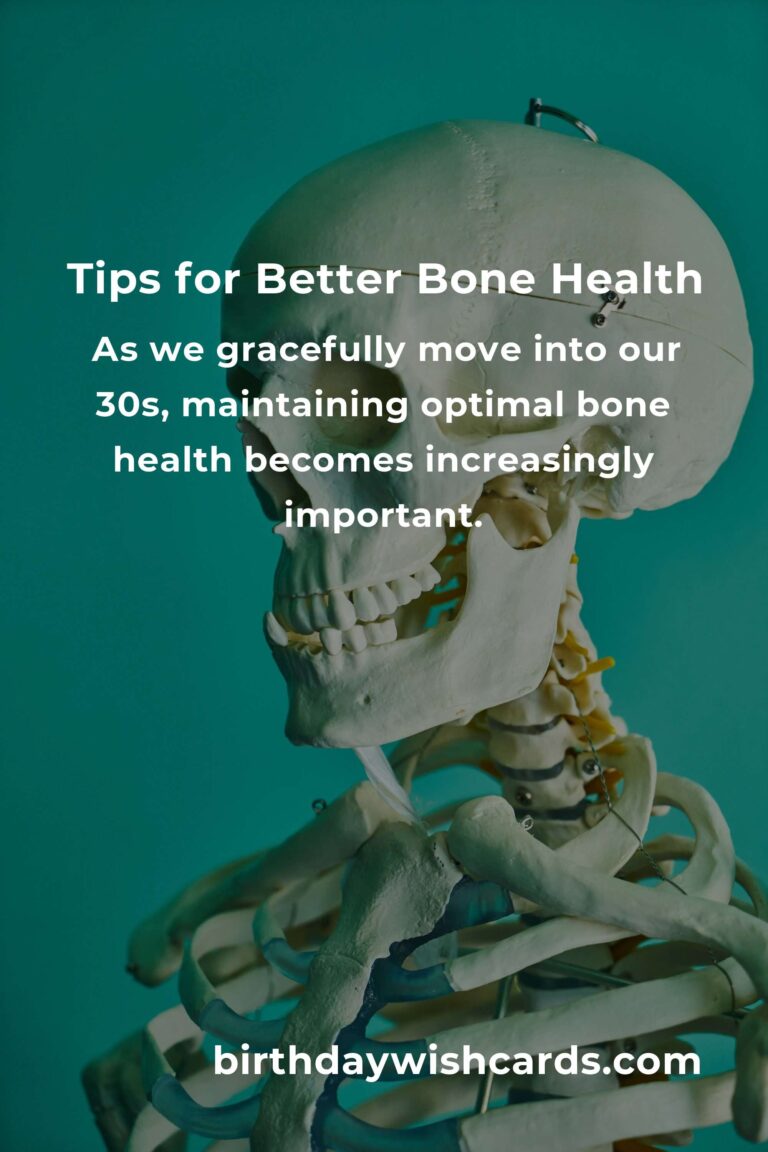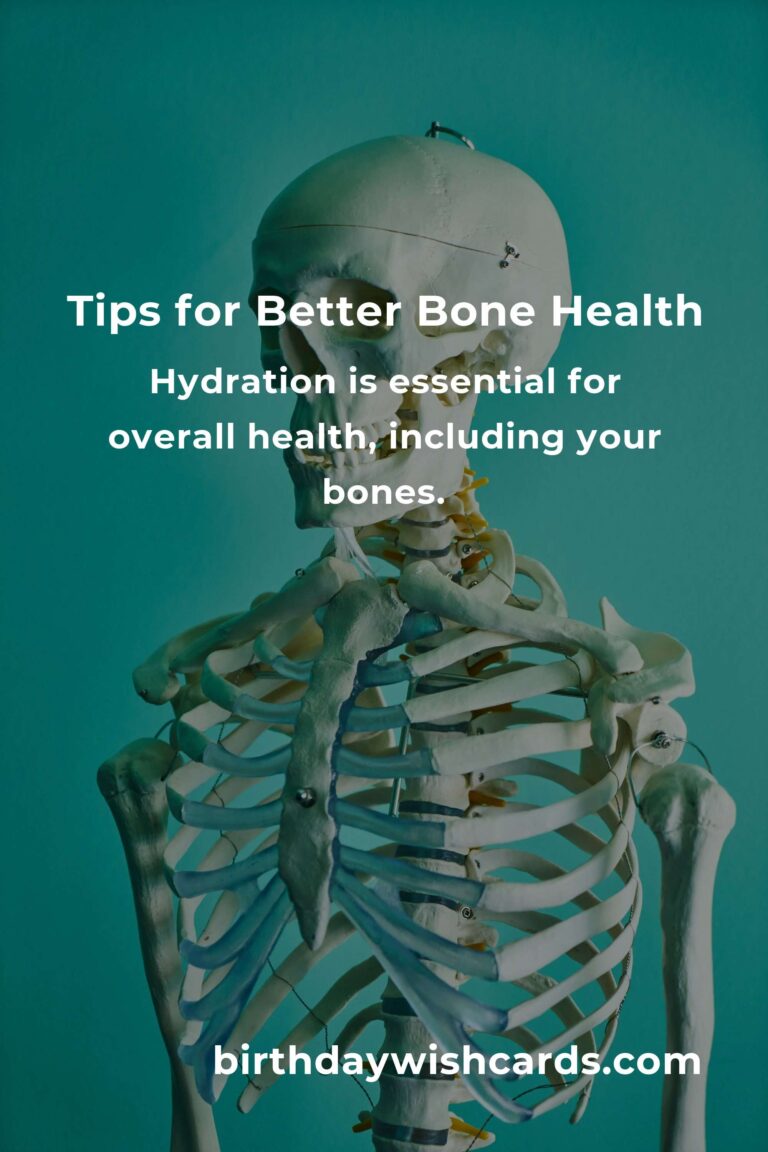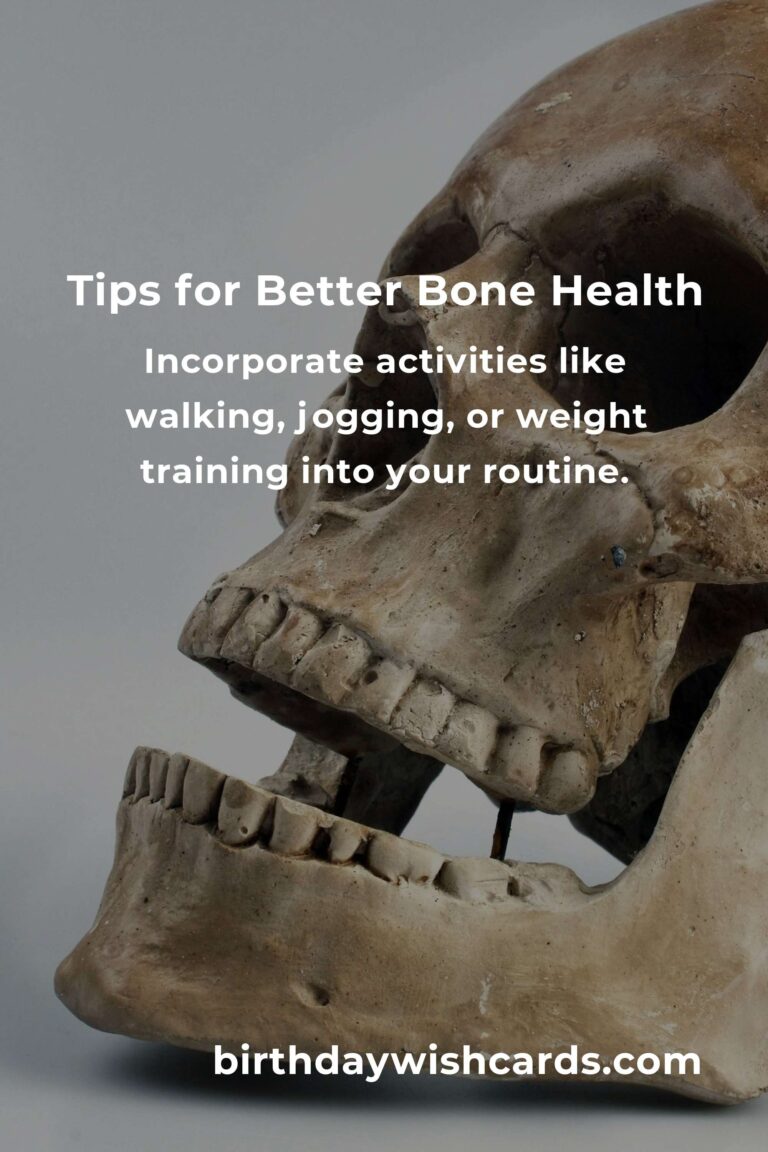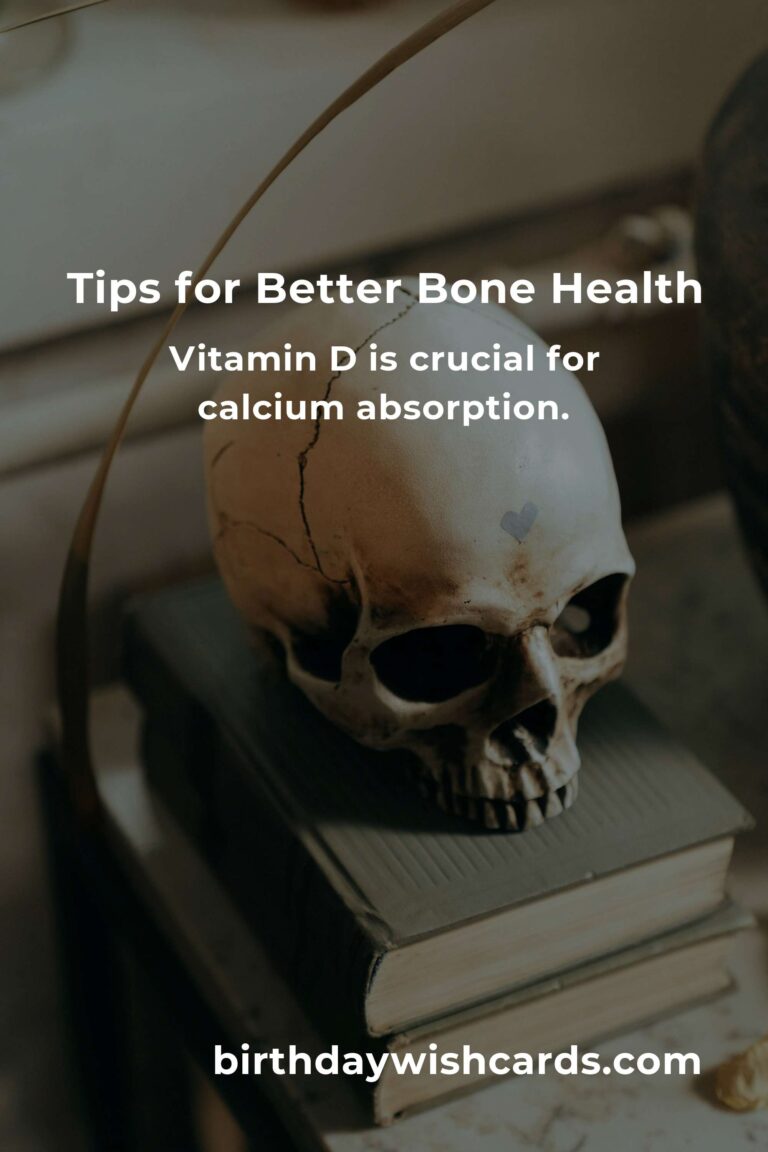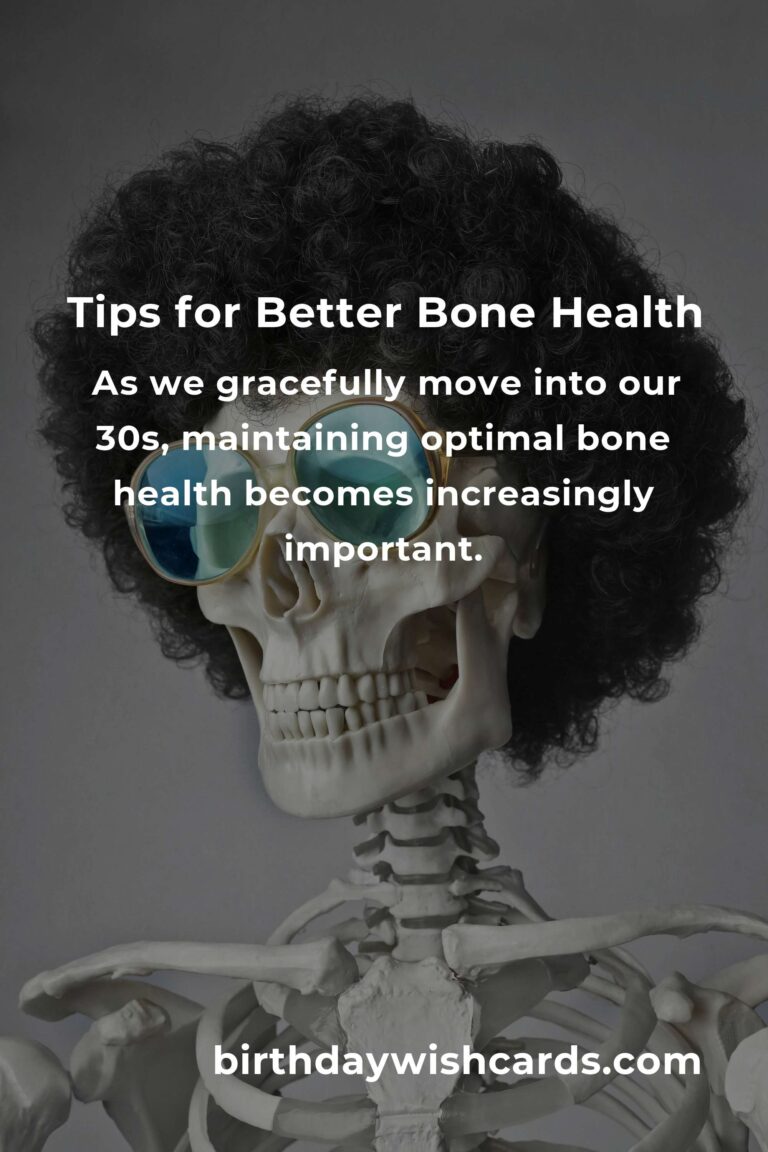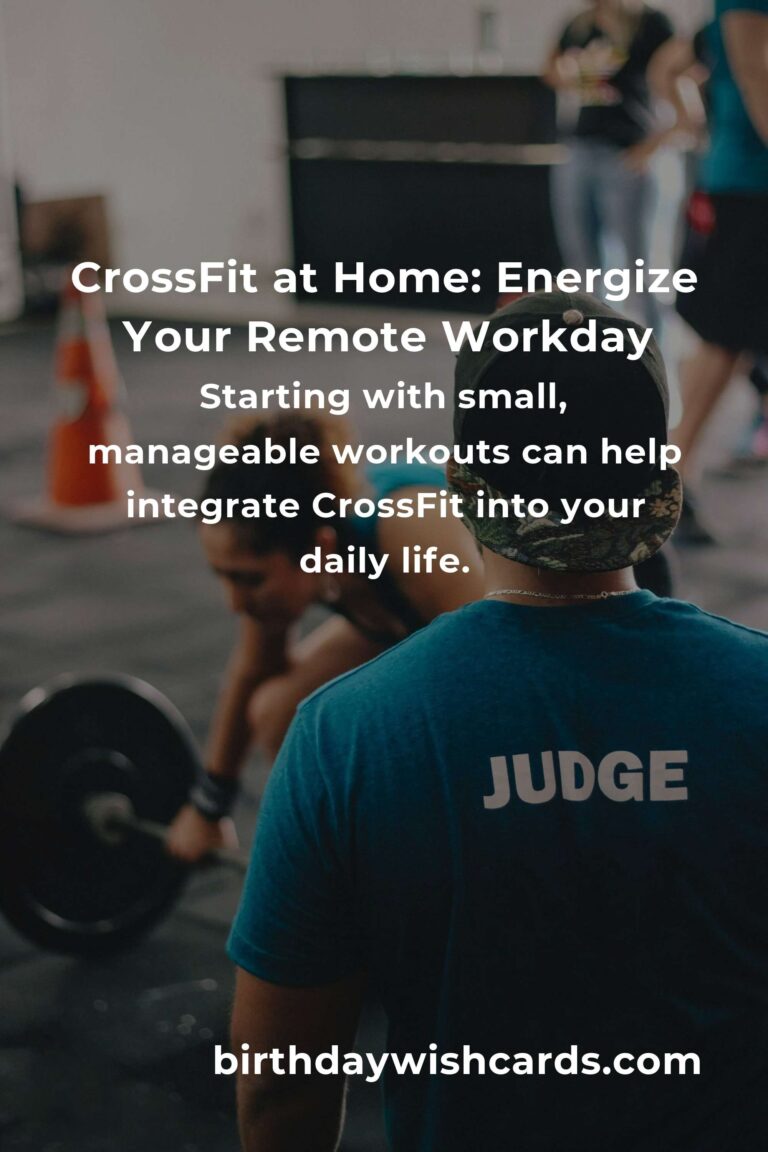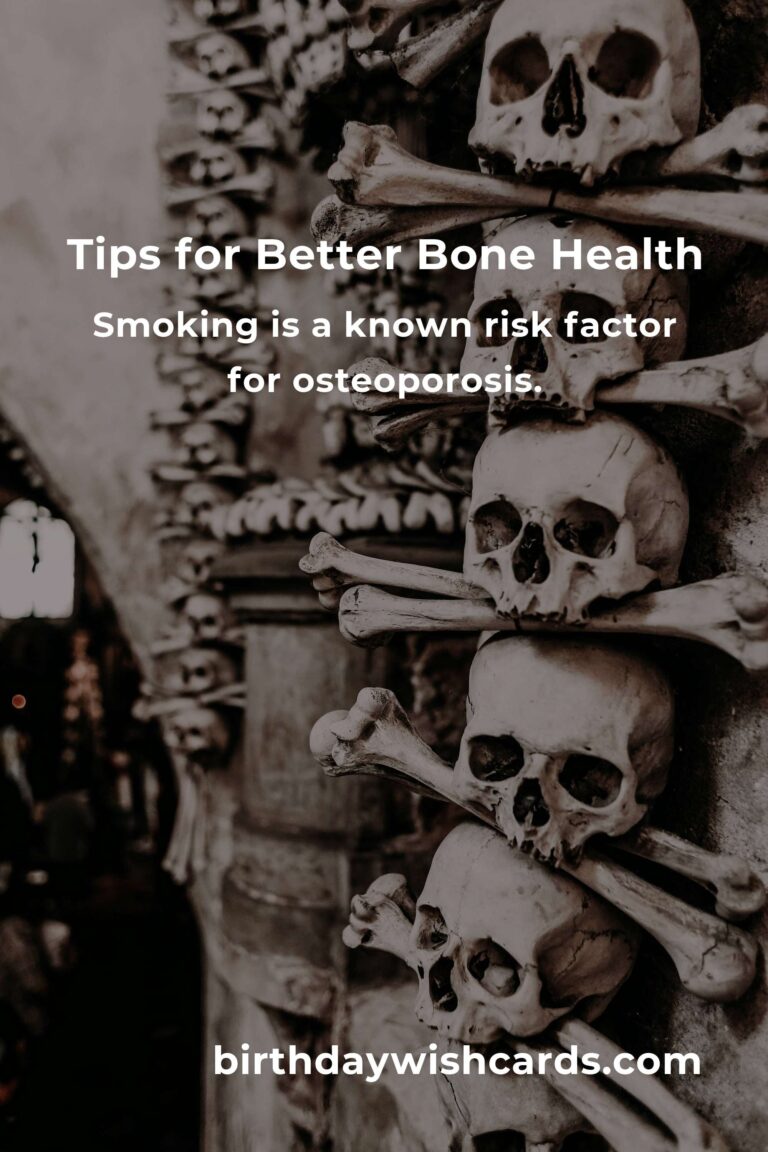
As we gracefully move into our 30s, maintaining optimal bone health becomes increasingly important. Our bones are living tissues that constantly break down and rebuild. This process allows us to adapt to the stresses we place on them. However, by our 30s, the rate of bone breakdown can begin to surpass the rate of bone formation, leading to a gradual decrease in bone density. Here are 32 essential tips to help you maintain and even improve your bone health during this pivotal decade of life.
1. Prioritize Calcium-Rich Foods
Calcium is the building block of your bones. Ensure you’re getting enough through foods like dairy products, leafy greens, and fortified alternatives. The recommended daily intake for adults is about 1,000 mg.
2. Embrace Vitamin D
Vitamin D is crucial for calcium absorption. Spend time in the sun and consider a supplement if you live in a region with limited sunlight.
3. Engage in Weight-Bearing Exercises
Incorporate activities like walking, jogging, or weight training into your routine. These exercises stimulate bone formation and improve bone strength.
4. Don’t Forget About Protein
Protein is essential for bone health. Make sure your diet includes adequate amounts through sources like lean meats, beans, nuts, and seeds.
5. Limit Caffeine and Alcohol
Excessive caffeine and alcohol can interfere with bone health. Keep your consumption moderate to avoid negative impacts.
6. Monitor Your Sodium Intake
High sodium levels can lead to calcium loss. Opt for fresh foods and use herbs and spices for flavor instead of salt.
7. Avoid Smoking
Smoking is a known risk factor for osteoporosis. If you smoke, seek help to quit for your overall health and stronger bones.
8. Check Your Medications
Some medications can affect bone health. Consult with your doctor to understand the possible side effects and alternatives.
9. Get Regular Bone Density Tests
Regular screenings can help detect early signs of bone loss, allowing for timely intervention.
10. Maintain a Healthy Weight
Being underweight or overweight can increase the risk of bone loss. Aim for a balanced diet and regular exercise to maintain a healthy weight.
11. Understand Your Family History
Genetics play a role in bone health. Discuss your family history with your doctor to understand your risks better.
12. Stay Hydrated
Hydration is essential for overall health, including your bones. Drink plenty of water throughout the day.
13. Incorporate Omega-3 Fatty Acids
These healthy fats, found in fish and flaxseeds, can help reduce inflammation and support bone health.
14. Consume Magnesium and Zinc
Both minerals are important for bone health. Ensure your diet includes sources like nuts, seeds, and whole grains.
15. Practice Good Posture
Good posture can prevent stress on your bones. Be mindful of your posture when sitting and standing.
16. Balance Your Hormones
Hormonal imbalances can affect bone density. Regular check-ups can help identify and address any issues.
17. Include Vitamin K
Vitamin K supports bone health by helping to bind calcium. Leafy greens and fermented foods are good sources.
18. Manage Stress
Chronic stress can impact bone health. Practice stress-reduction techniques like meditation and yoga.
19. Consider Collagen Supplements
Collagen is a protein that supports bone structure. Supplements can help maintain bone strength.
20. Reduce Sugar Intake
High sugar consumption can negatively affect bone density. Opt for natural sugars and limit processed foods.
21. Be Mindful of Phosphorus
While phosphorus is important, too much can hinder calcium absorption. Balance your intake with calcium-rich foods.
22. Seek Professional Guidance
Consult a dietitian or nutritionist for personalized dietary advice to support your bone health.
23. Use Ergonomic Tools
Ergonomic furniture and tools can reduce strain on your bones and joints, promoting better bone health.
24. Avoid Crash Dieting
Rapid weight loss can lead to bone loss. Aim for a gradual and sustainable weight loss approach.
25. Ensure a Balanced Diet
A varied diet that includes all food groups will provide the nutrients needed for strong bones.
26. Be Active Daily
Regular activity promotes bone health. Find activities you enjoy to stay consistently active.
27. Take Care of Your Feet
Foot health impacts your posture and overall bone health. Wear supportive footwear and practice foot exercises.
28. Get Enough Sleep
Adequate rest is essential for the body to repair and maintain bone tissue.
29. Limit Processed Foods
Processed foods often contain additives that can affect bone health. Choose whole foods whenever possible.
30. Engage in Balance Exercises
Exercises like tai chi can improve balance and prevent falls, reducing the risk of fractures.
31. Foster a Support Network
Having a support network can motivate you to maintain healthy habits. Involve friends and family in your journey.
32. Stay Informed
Stay updated on the latest research and recommendations for bone health through reputable sources.
By incorporating these 32 tips into your lifestyle, you can make significant strides in maintaining and improving your bone health in your 30s. Establishing these habits now will help ensure a healthier, stronger future.
As we gracefully move into our 30s, maintaining optimal bone health becomes increasingly important.
Calcium is the building block of your bones.
Vitamin D is crucial for calcium absorption.
Incorporate activities like walking, jogging, or weight training into your routine.
Protein is essential for bone health.
Smoking is a known risk factor for osteoporosis.
Hydration is essential for overall health, including your bones.
By incorporating these 32 tips into your lifestyle, you can make significant strides in maintaining and improving your bone health.
#BoneHealth #HealthyLiving #Nutrition #Exercise #SelfCare


